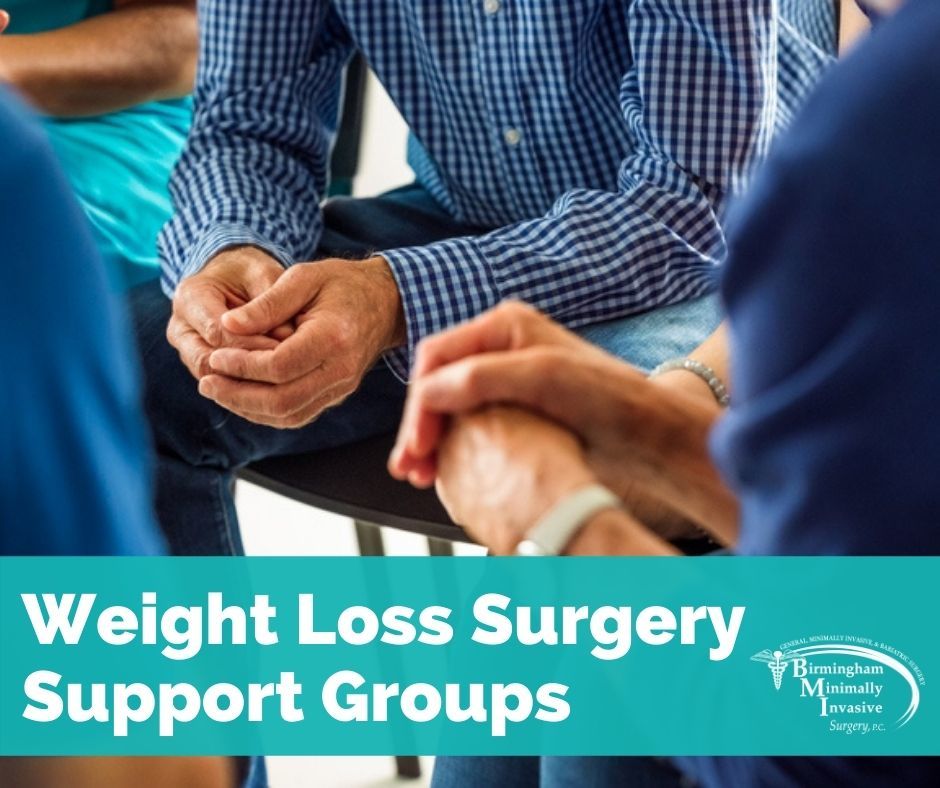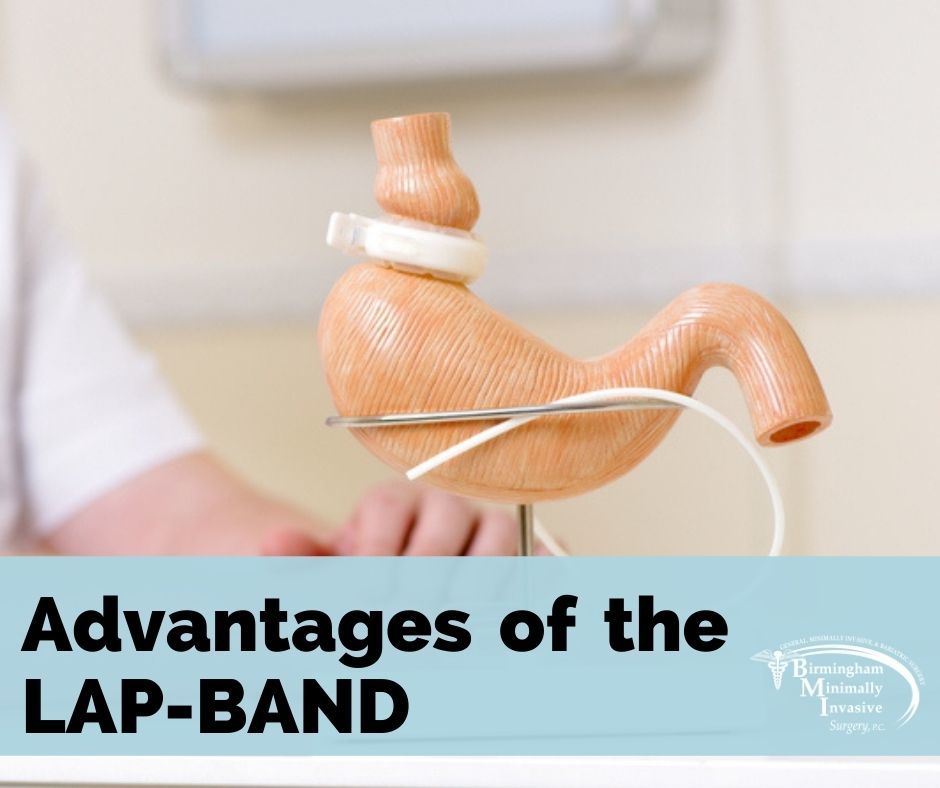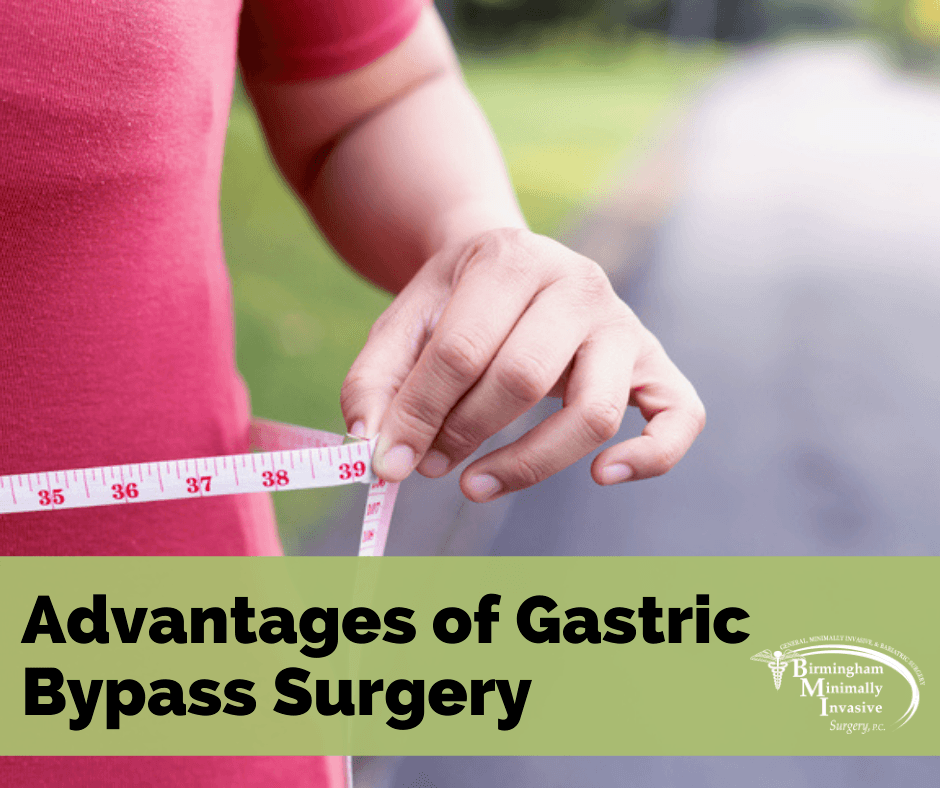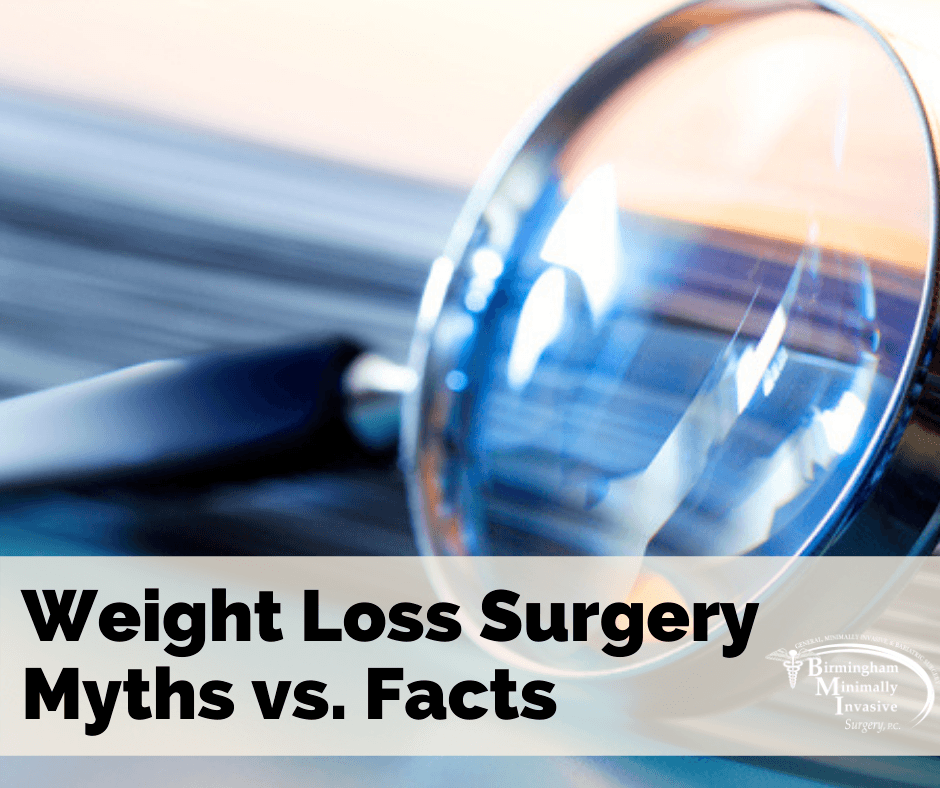

The road to weight loss after surgeries, such as gastric sleeve, gastric bypass, or the LAP-BAND is different for everyone, but after working with thousands of patients in the Birmingham, Alabama, area, we have a pretty good idea of what works and what doesn’t.
At Birmingham Minimally Invasive Surgery, we do our best to provide you with all the tools you need to be successful. This includes a pre-op diet plan, post-op diet plan, recovery information, guidance on exercise, and much more. Following these plans is crucial for recovery and weight loss, especially in the long-term.
Mistakes to Avoid After Weight Loss Surgery
We know it’s a challenge though, and it’s not hard to make little mistakes along the way. Rather than dealing with mistakes after the fact, the best approach is to try and prevent mistakes from occurring in the first place. Being able to do that starts with knowledge of those common mistakes! Here are some of the top ones we see.
Eating too much
Most people know that you won’t eat nearly the same volume of food after undergoing weight loss surgery, but the specifics will vary. In general, you can expect to eat only three or four bites before you feel full. Eating even one bite too many may be too much, and you could feel sick after that extra bite. Remember that you can save your meal and come back to it when you get hungry later.
Not chewing each bite thoroughly enough
This is a new concept for many people, but it’s very important in the early days of recovery. You will need to chew each bite to an applesauce consistency before you swallow. After a while it will get much easier to eat and get things down without any issues, but in the beginning, you need to chew thoroughly and take it slow. By chewing to an applesauce consistency, you’re ensuring that the food goes down more easily and doesn’t get stuck.
Eating and drinking at the same time
This is also often an adjustment, but important as well. There are two reasons you will want to eat and drink separately. First, as mentioned above, you can only eat three or four bites at a time, so you don’t want to fill up with fluids. Plan on drinking about thirty minutes later, once your food is digested. The second reason is to help avoid dumping syndrome, which you can read more about here.
Not taking important vitamins
Depending on which surgery you had, you may need to take particular vitamins and supplements to make sure you are getting complete and proper nutrition. We will also recommend vitamins to help your body recover from surgery and maintain the best health possible. Taking our recommendations that are specific to you and your situation is key.
Not focusing enough on good nutrition
Since your caloric content will be constricted after surgery, it’s vital that you pack your diet with healthy nutrients. Your body won’t function well if you use your calories to only eat potato chips or other foods that have no nutritional value. You may think that a tiny handful of nuts, chips, crackers, or candy won’t affect your diet, but these foods pack a lot of calories in small portions. Also remember that protein is especially important after surgery.
Not drinking enough water
Drinking plenty of water or other healthy liquids is one of the most important things you can do after surgery. Water helps every part of your body function well, and it will help your body heal, provide energy, and aid in weight loss. As mentioned above, you should not drink water with meals, but at separate times throughout the day.
Too much alcohol
While alcohol does not provide any nutritional value, it does contain calories. Each gram of alcohol contains 7 calories that the body has no use for. It is especially important that gastric bypass patients to avoid alcohol, because this surgery causes alcohol to enter the bloodstream at a more rapid rate.
Drinking carbonated beverages
Many carbonated beverages, such as soda, contain high levels of sugar. We do not ever recommend sugar as a source of calories as it can quickly lead to weight gain. Carbonated beverages can also cause dehydration after weight loss surgery, and they can make it difficult to distinguish between gas pain and more serious pain right after surgery. The acid in many of these drinks can also cause gastric erosion over time.
Let BMI Surgery Help You Avoid Mistakes After Weight Loss Surgery
We are always so proud of our patients for deciding to change their lives by having weight loss surgery. It’s the beginning of the journey though, not the end. We will be here every step along the way to help you avoid mistakes and be successful!
Find out more about the weight loss surgery options at Birmingham Minimally Invasive Surgery.
The caring group of professionals at Birmingham Minimally Invasive Surgery will help you get started on your weight loss journey and stay with you every step along the way. Dr. Long and his team specialize in all types of bariatric surgery, including gastric sleeve surgery, gastric bypass, and the LAP-BAND. Visit us today at http://www.bmisurgery.com/ or give us a call to set up a consultation at 205-833-6907.










